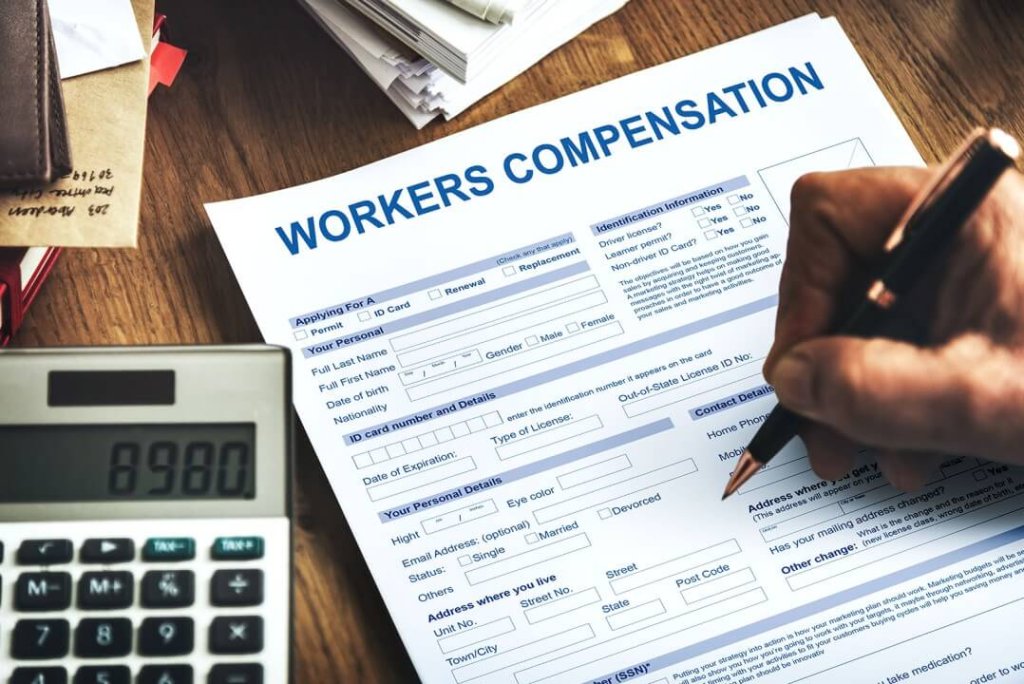In the complex landscape of business management, one crucial aspect that often gets overlooked until it’s absolutely necessary is workers’ compensation insurance. As an employer, ensuring the safety and well-being of your employees should be a top priority. However, accidents and injuries can occur despite the best precautions. This is where workers’ compensation insurance steps in, providing financial protection for both employees and employers in the event of work-related injuries or illnesses.
Understanding Workers’ Compensation Insurance:
Workers’ compensation insurance is a type of insurance that provides wage replacement and medical benefits to employees injured during the course of employment. It also protects employers from lawsuits by employees seeking damages for workplace injuries. Each state in the U.S. has its own workers’ compensation laws and requirements, which businesses must comply with.
The Importance of Workers’ Compensation Insurance:
For employers, workers’ compensation insurance is not only a legal requirement in most states but also a moral obligation. It demonstrates a commitment to the well-being of employees and provides financial security for both parties in the event of an accident. Without workers’ compensation coverage, businesses risk significant financial losses from lawsuits, medical expenses, and lost productivity.
Obtaining a Workers’ Compensation Insurance Quote:
When it comes to purchasing workers’ compensation insurance, one of the first steps is to obtain a quote from an insurance provider. A workers’ compensation insurance quote is an estimate of the cost of coverage based on various factors such as the size of the business, the nature of the work, the number of employees, and the past claims history.
Factors Influencing Workers Compensation Insurance Quote:
Several key factors influence the cost of workers’ compensation insurance quotes:
- Industry: Certain industries are considered riskier than others, leading to higher insurance premiums. For example, construction and manufacturing businesses typically have higher rates due to the increased likelihood of workplace injuries.
- Payroll: The size of the payroll directly affects the cost of workers’ compensation insurance. Higher payroll amounts result in higher premiums since coverage is based on a percentage of total payroll.
- Claims History: A business’s past claims history plays a significant role in determining insurance premiums. A history of frequent or severe claims may result in higher premiums, as it indicates higher risk to the insurance provider.
- Safety Measures: Insurance companies often reward businesses that implement strong safety measures and risk management practices with lower premiums. Conversely, businesses with poor safety records may face higher rates.
- Location: Workers’ compensation insurance rates can vary by state due to differences in regulations, legal environments, and healthcare costs. Businesses operating in states with higher medical expenses or more stringent regulations may pay higher premiums.
Navigating the Quote Process:
Obtaining a workers’ compensation insurance quote involves several steps:
- Research: Begin by researching insurance providers that offer workers’ compensation coverage in your state. Look for reputable companies with experience in your industry and positive reviews from other business owners.
- Gather Information: Prepare the necessary information about your business, including its size, industry, payroll, and past claims history. Providing accurate and detailed information will help insurance agents generate an accurate quote.
- Consultation: Schedule a consultation with an insurance agent or broker to discuss your business’s insurance needs. Be prepared to answer questions about your operations, safety protocols, and any previous claims.
- Review Options: Compare quotes from multiple insurance providers to ensure you’re getting the best coverage at a competitive price. Consider factors such as coverage limits, deductibles, and additional benefits offered.
- Ask Questions: Don’t hesitate to ask questions about any aspect of the insurance policy or quote that you don’t understand. A knowledgeable insurance agent should be able to provide clarification and guidance.
- Customize Coverage: Work with your insurance agent to tailor the coverage to your business’s specific needs. This may include additional endorsements or riders to address unique risks or exposures.
- Finalize the Policy: Once you’ve selected a policy that meets your requirements, review the terms and conditions carefully before finalizing the purchase. Ensure that all necessary paperwork is completed accurately and submitted on time.
Tips for Saving on Workers’ Compensation Insurance:
While workers’ compensation insurance is essential, there are ways to minimize the cost of coverage:
- Implement Safety Programs: Invest in workplace safety programs and training to reduce the risk of accidents and injuries. A proactive approach to safety can lead to lower insurance premiums over time.
- Manage Claims Effectively: Promptly report and manage any workplace injuries or illnesses to mitigate their impact on insurance premiums. Implementing a return-to-work program can help injured employees recover more quickly and reduce the duration of claims.
- Shop Around: Don’t settle for the first workers’ compensation insurance quote you receive. Take the time to compare quotes from multiple providers to find the best value for your business.
- Bundle Policies: Consider bundling your workers’ compensation insurance with other business insurance policies, such as general liability or property insurance, to qualify for discounts or package deals.
- Review Annually: Regularly review your workers’ compensation insurance policy and coverage needs to ensure they remain adequate for your business. Changes in operations, payroll, or claims history may warrant adjustments to your coverage.
Also read: USAA Business Insurance: A Comprehensive Guide for Small Business Owners
Workers’ compensation insurance is a critical component of business risk management, providing financial protection for both employers and employees in the event of workplace injuries or illnesses. Obtaining a workers’ compensation insurance quote requires careful consideration of various factors, including industry, payroll, claims history, and safety measures. By understanding the quote process and exploring ways to save on insurance premiums, businesses can secure comprehensive coverage that meets their needs without breaking the bank.


